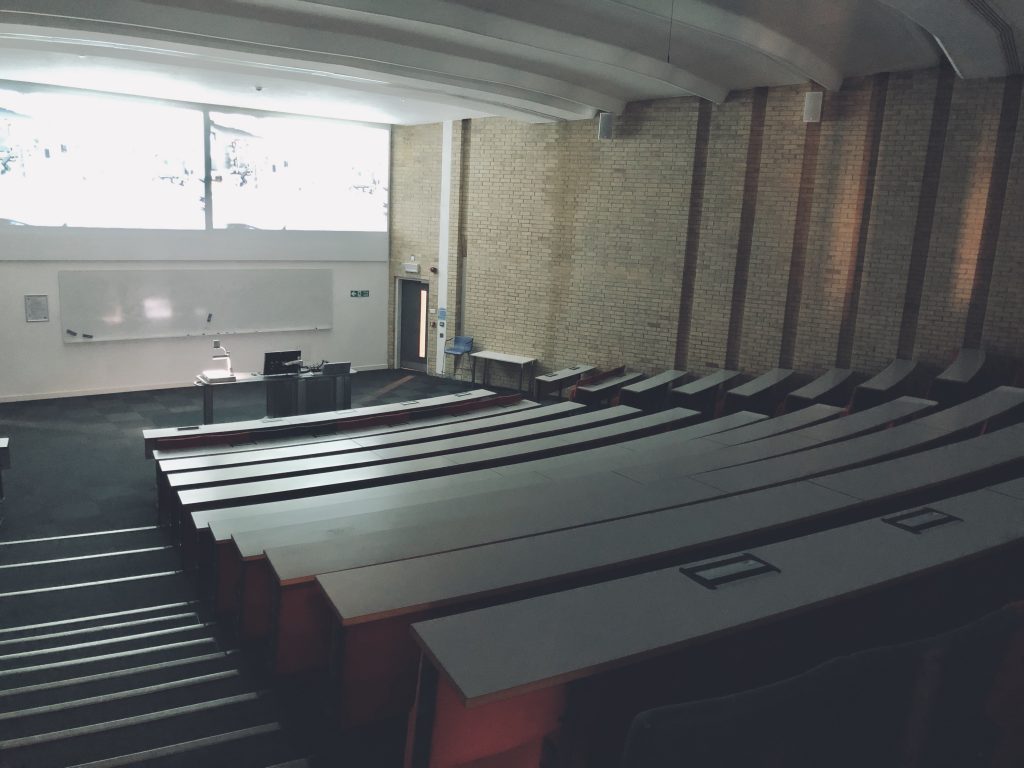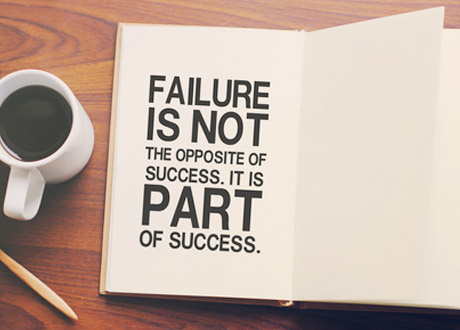
By Li Xinying (Student Blogger: MSc Project Management)
It took a lot of courage to return to school after a few years of work. I used to worry that my work experience would make me feel unfamiliar with the learning methodology on campus. In the workplace, I made decisions based on experience and solved problems in accordance with procedure. In contrast, full-time learning focuses on theoretical knowledge. But, after four weeks of adaptation, I found that the support from the school covers all aspects. For example, in addition to professional studies, I can also participate in academic writing courses, academic reading courses, German learning courses, and career development guidance. Coming to Lancaster University for postgraduate study will be my most precious life experience.
It is also challenging to break away from the familiar pace of work and enter a state of high-intensity learning. Before coming to Lancaster, I worked in the business department of an auto parts company. My daily work was full of intensive business trips, meetings and project management. But, even after adapting to high-intensity work, I still feel uncomfortable with the same high-intensity learning pace. For example, I often feel anxious because of the large amount of reading material and my low efficiency in comparison. I still need to improve my language understanding and expression skills. It is also urgent to master the correct reading and writing methods. However, plenty of reading and analysis tasks have allowed me to think more deeply, and the combination of theory and practice has made me more focused. Stressful academic pressure also brings motivation for progress.
At the same time, I also feel that my choice is not restricted by age, nationality and profession. It’s never too late to start.
The school’s open teaching environment and high-level teaching facilities give me the greatest support.
But to be honest, there are still many difficulties in studying in a foreign country.
The first is the adaptation of food culture, such as changes in diet structure. So I choose to cook by myself when time permits. I usually buy raw materials from local supermarkets or Chinese supermarkets. It can both save money and improve my cooking skills.
The second is the language barrier. For example, I sometimes find it difficult to fully understand the content of the lecture. So I have adopted a combination of preview and review to improve the interaction with the professors in class. I usually preview in advance and mark out the parts that I am confused about. In class, I listen to the lecture carefully with all the questions I have prepared before, and treat the professor’s explanation as a defence. The preparation work enabled me not only to grasp the key points of the class as soon as possible, but also to make myself more calm in the field of unfamiliar knowledge.
At the same time, I have participated in the language improvement discussion organized by the learning development team to enrich my vocabulary and improve my listening and comprehension skills.
I am fully aware that there will be greater challenges in the future, but I believe that things are man-made. I hope we can exchange more experience and grow together in the future.


 The qualities attributed to this havoc, however, would be more of students panicking about an upcoming exam, other students rushing to hand in a paper that’s due in an hour while a whole different set of students nonchalantly walk around whilst raving about not having a clue what is even going on.
The qualities attributed to this havoc, however, would be more of students panicking about an upcoming exam, other students rushing to hand in a paper that’s due in an hour while a whole different set of students nonchalantly walk around whilst raving about not having a clue what is even going on.



 by Anna (Student Blogger: BA Hons French and Linguistics)
by Anna (Student Blogger: BA Hons French and Linguistics)